| Tuesday, November 12, 2019 | |
Executive Keynotes Opening Ceremony |
|
| Chair |
Laith Altimime, President, Semi Europe
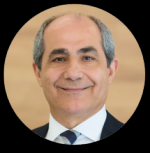
 Biography |
| 10:00 | Leadership in the Fourth Industrial Revolution |
Olivier Schwab, Managing Director, World Economic Forum Leadership in the Fourth Industrial Revolution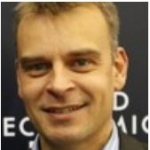
 Abstract Biography |
|
| 10:25 | Embracing Connectivity: Technologies Transforming the Digital Healthcare |
Anushka Patchava, Expert Advisor, Global Digital Health, AI and Blockchain Strategist, United Nations Centre for Trade Facilitation and Electronic Business (UN/CEFACT) Embracing Connectivity: Technologies Transforming the Digital Healthcare
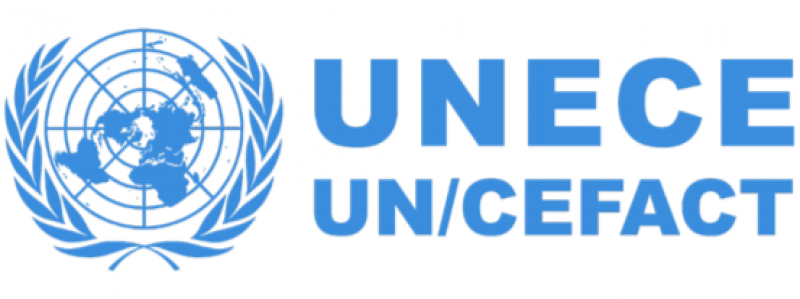 Abstract Biography |
|
| 10:45 | Semiconductor Innovation Driving Future Mobility |
Berthold Hellenthal, Head of Audi Comprehensive Semiconductor Strategy, Audi AG, Audi AG Semiconductor Innovation Driving Future Mobility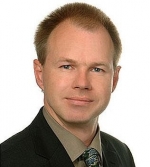
 Abstract Biography |
|
| 11:05 | Future of Computing: bits + neurons + qubits |
Alessandro Curioni, Academy of Technology LogoIBM Fellow, Vice President Europe and Director IBM Research - Zurich, IBM Research Future of Computing: bits + neurons + qubits
 Abstract Biography |
|
| 11:25 | Next Generation Computing |
Hubert Lakner, Director Fraunhofer-Institute for Photonic Microsystems IPMS, Fraunhofer IPMS Next Generation Computing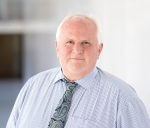
 Abstract Biography |
|
| 11:45 | Enabling Applications in the IoT Era |
Sundar Ramamurthy, Applied Materials Enabling Applications in the IoT Era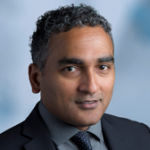
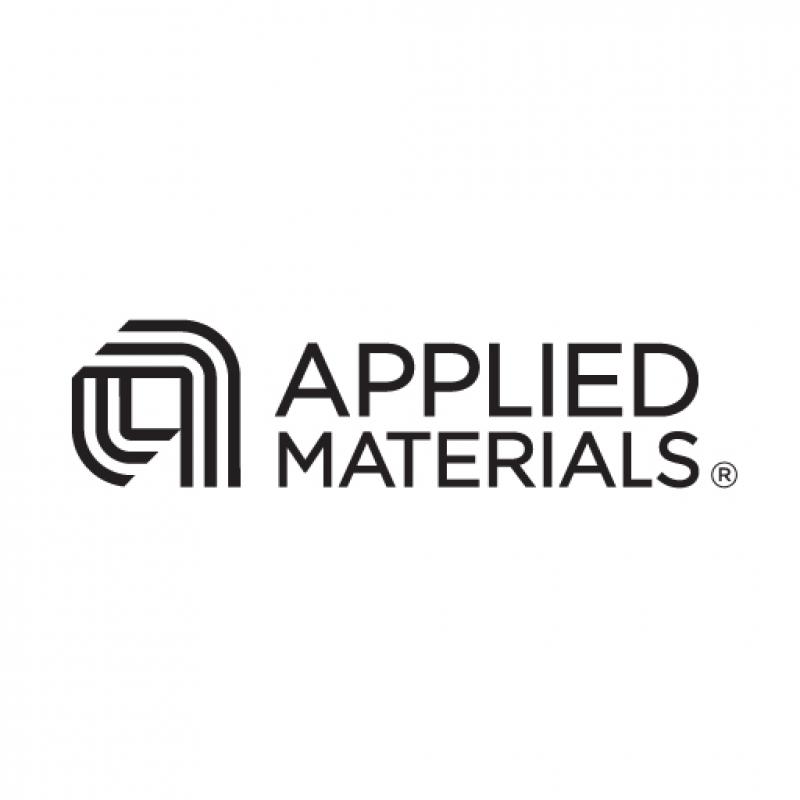 Abstract Biography |
|
| 12:05 | SOI: a unique opportunity |
Carlos Mazure, Chairman & Executive Director, SOI Consortium SOI: a unique opportunity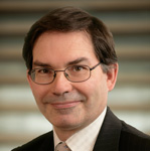
 Abstract Biography |
|
| 12:25 | End |